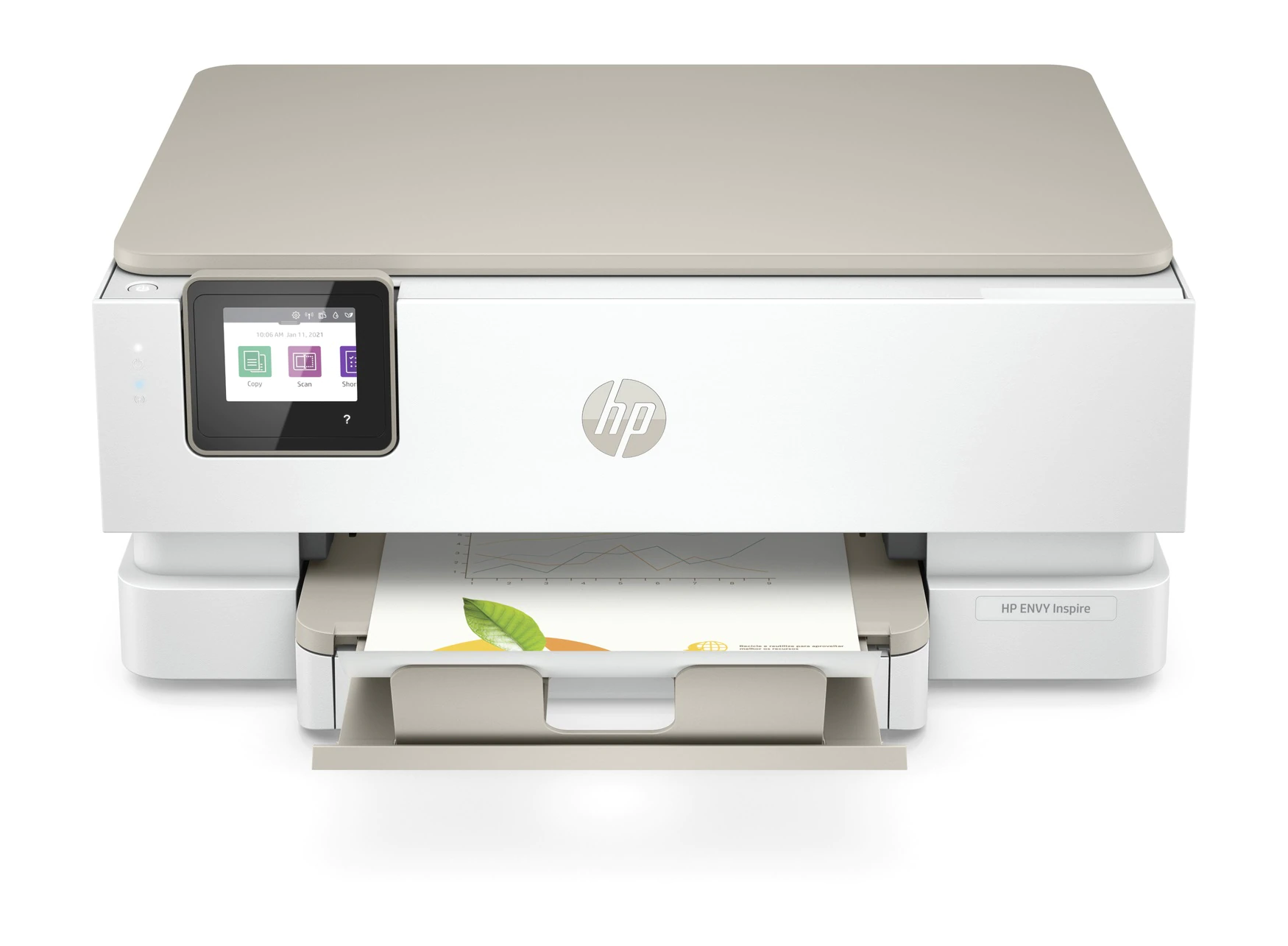Unlocking Nigeria’s Iron Ore Potential: A Closer Look at Wigmore Trading
Unlocking Nigeria’s Iron Ore Potential: A Closer Look at Wigmore Trading
Did you know that Nigeria is blessed with vast reserves of iron ore, one of the most important raw materials for industrial development? Yet, this potential remains largely untapped. But fear not! Today, we are diving into the world of Wigmore Trading, a trailblazing company determined to unlock Nigeria’s hidden treasures and revolutionize the nation’s iron ore industry. Get ready to embark on an exciting journey as we explore their innovative strategies, cutting-edge technologies, and unwavering commitment to transforming Nigeria’s economic landscape. Buckle up – it’s time to uncover Nigeria’s iron ore potential like never before!
Introduction to the Nigerian Iron Ore Industry
The Nigerian iron ore industry has been a key player in the country’s economy for decades, contributing significantly to its overall growth and development. With extensive deposits of iron ore spread across various regions, Nigeria is ranked among the top countries in terms of iron ore reserves globally.
Iron ore is a vital raw material used in the production of steel, with over 98% of the mined iron ore worldwide being utilized for this purpose. In Nigeria, iron ore is primarily found in Kogi, Enugu, Niger, Zamfara, and Kaduna states. The most significant deposit is located in Itakpe in Kogi State – estimated to contain about two billion metric tonnes of iron ore.
Despite its vast potential and natural resources, Nigeria’s iron ore industry has not reached its full potential due to several challenges. For many years, the sector has been plagued by inadequate infrastructure such as roads and rail networks necessary for transportation. This has led to high costs associated with transporting raw materials from mining sites to processing plants.
Furthermore, there have been issues with illegal mining activities and lack of proper regulations and policies governing the sector. These factors have hindered investment opportunities and resulted in limited exploration and exploitation of the vast reserves available.
However, recent efforts by both government bodies and private companies are working towards unlocking Nigeria’s untapped potential in the iron ore industry. One such company leading this charge is Wigmore Trading Limited (WTL), a fast-growing indigenous trading company that specializes in sourcing high-quality products from local manufacturers for export.
Wigmore Trading recognizes the significance of developing Nigeria’s mineral resources sustainably while creating employment opportunities for local communities. With their vast experience and expertise in international trade partnerships, WTL aims to collaborate with stakeholders within the Nigerian iron ore industry to unlock its full potential through responsible mining practices.
In partnership with local miners and government agencies like the National Iron Ore Mining Company (NIOMCO), WTL plans to improve infrastructure and implement sustainable mining practices in the industry. This initiative will not only boost Nigeria’s economy but also create a positive impact on the lives of its citizens.
With its vast iron ore reserves and efforts towards responsible mining practices, Nigeria is poised to become a major player in the global iron ore market. The country has immense potential, and with strategic collaborations between government bodies, private companies like WTL, and local communities, the Nigerian iron ore industry can unlock its full potential for the benefit of all stakeholders involved.
History and Current State of Iron Ore Mining in Nigeria
Iron ore mining has been a critical aspect of Nigeria’s economy for decades. The country is blessed with vast reserves of iron ore, making it one of the top producers in Africa. The history of iron ore mining in Nigeria dates back to the 1950s when the first commercial exploitation of the mineral began in Itakpe, Kogi State. This initial exploration was carried out by the National Iron Ore Mining Company (NIOMCO), a subsidiary of the National Steel Development Authority (NSDA).
In 1979, production at Itakpe started with an annual capacity of 2.5 million metric tons (MMT) but later increased to 3.4 MMT due to improved rail and port infrastructure. However, despite its promising start, iron ore mining faced several challenges that hindered its growth and development. These challenges included inadequate funding, lack of modern equipment and technology, and poor management.
As a result, production at Itakpe declined over time, reaching its lowest point in 2008 with an output of only 500 thousand metric tons (KMT). This decline prompted the federal government to invite foreign investors to revamp the sector and increase production capacity.
In 2016, this effort resulted in a partnership between the Nigerian government and Global Steel Holdings Limited (GSHL), which formed an entity known as Ajaokuta-Kaduna-Kano (AKK) Gas Pipeline Project Company Limited. This joint venture aimed at rehabilitating NIOMCO’s assets at Itakpe and reviving operations.
However, in recent years there have been delays in executing this project due to issues surrounding ownership disputes between GSHL and NSDA over NIOMCO’s assets. As such, operations at Itakpe have remained stagnant while other countries like South Africa have overtaken Nigeria as Africa’s leading producer of iron ore.
Despite these setbacks, Nigeria still holds significant potential for iron ore mining. The country’s iron ore reserves are estimated at over 2 billion metric tons, with most of the deposits located in Kogi, Enugu, and Niger states.
In addition to Itakpe, other significant iron ore mines in Nigeria include Agbaja and Malele in Kogi state, and Maraba in Nasarawa state. These mines have not been fully explored or developed due to the challenges mentioned above. As a result, there is a huge opportunity for investors to tap into these resources and contribute to the growth of Nigeria’s economy.
While the history of iron ore mining in Nigeria has faced its fair share of challenges, there is still great potential for growth and development in this sector. With the right partnerships and investments, Nigeria can become a major player in the global iron ore market and unlock its full mineral potential.
The Role of Wigmore Trading in the Nigerian Iron Ore Market
The Nigerian iron ore market has been gaining significant attention in recent years, with the country’s vast reserves of this valuable resource being recognized as a potential goldmine for economic growth. One of the key players in this market is Wigmore Trading, a company that has been pivotal in unlocking Nigeria’s iron ore potential.
Wigmore Trading was founded in 2010 with the aim of becoming a leading player in Nigeria’s mining sector. The company quickly established itself as one of the top suppliers of various minerals and ores to both local and international markets. However, it was their entry into the iron ore market that truly set them apart from other players.
With an estimated 2.5 billion metric tons of iron ore reserves, Nigeria has the potential to become a major global player in the production and exportation of this mineral. However, unlike other countries such as Australia and Brazil which have well-established mining industries, Nigeria lacked the necessary infrastructure and expertise to fully utilize its resources.
This is where Wigmore Trading came into play. Through strategic partnerships with local mining companies, they were able to secure mining licenses for several large iron ore deposits across the country. These deposits were previously left untapped due to lack of funding and technical know-how.
Aside from securing mining rights, Wigmore Trading also invested heavily in developing modern extraction methods and setting up processing plants near these mines. This not only helped create employment opportunities for locals but also boosted downstream industries such as steel production.
But perhaps what sets Wigmore Trading apart is their commitment to responsible mining practices. They have implemented strict environmental policies that ensure sustainable operations while minimizing any negative impact on surrounding communities. This has earned them recognition from both local authorities and international organizations such as the United Nations Development Programme (UNDP).
In addition to their contributions towards unlocking Nigeria’s iron ore potential, Wigmore Trading has also played a crucial role in boosting trade relations between Nigeria and other countries. Their high-quality iron ore products have gained popularity in the global market, attracting investors and creating a steady stream of foreign exchange for the country.
Wigmore Trading has undoubtedly played a significant role in developing Nigeria’s iron ore market. Their dedication to responsible mining practices, investments in infrastructure, and partnerships with local companies have not only unlocked the country’s potential but also helped spur economic growth. As the demand for iron ore continues to rise globally, Wigmore Trading is well-positioned to further solidify Nigeria’s place in this lucrative market.
Challenges and Opportunities in Iron Ore Mining in Nigeria
Challenges and Opportunities in Iron Ore Mining in Nigeria
Nigeria is a country rich in mineral resources, with iron ore being one of its key natural resources. However, the potential of the Nigerian iron ore industry has not been fully harnessed due to various challenges faced by the sector. In this section, we will take a closer look at the main challenges and opportunities facing iron ore mining in Nigeria.
One of the major challenges facing the iron ore mining industry in Nigeria is inadequate infrastructure. The country’s existing rail network is limited and outdated, making it difficult to transport large quantities of iron ore from mines to ports for export. This lack of infrastructure also affects local producers who have limited access to transportation for their products, hindering their ability to compete globally.
Another challenge facing the industry is low investment and funding. Despite having significant reserves of high-grade iron ore, many mining companies struggle to attract foreign investors due to concerns over political instability and corruption in the country. As a result, there has been a slow pace of development in expanding existing mines or establishing new ones.
The issue of illegal mining activities also poses a threat to the growth of the Nigerian iron ore industry. These activities not only cause environmental damage but also contribute significantly to revenue loss for both the government and legitimate miners. The lack of effective regulation and enforcement makes it challenging for authorities to tackle this problem effectively.
However, despite these challenges, there are significant opportunities for growth and development within Nigeria’s iron ore sector. One such opportunity lies in developing partnerships with international mining companies that have experience and expertise in operating successful mines around the world. This will not only bring much-needed investment but also promote knowledge transfer and technology advancements.
Furthermore, there is an increasing global demand for steel production which creates an opportunity for Nigeria’s iron ore exports. With an estimated 2 billion tons of untapped reserves, Nigeria has huge potential as an exporter of raw materials necessary for steel production. By developing its iron ore mining industry, the country can increase its revenue and reduce its dependence on oil exports.
While there are several challenges facing the Nigerian iron ore mining sector, there are also numerous opportunities for growth and development. The government must address these challenges by investing in infrastructure, implementing effective regulations, and promoting partnerships with international companies. With a strategic approach to unlocking its iron ore potential, Nigeria has the potential to become a major player in the global iron ore market.
Environmental Impacts of Iron Ore Mining in Nigeria
Nigeria has a vast amount of untapped iron ore reserves, estimated to be over 3 billion metric tons. This presents a great opportunity for the country’s economic growth and development, as iron ore is a crucial raw material for industries such as steel production and construction. However, the mining of iron ore also comes with potential environmental impacts that need to be carefully considered.
One of the main environmental impacts of iron ore mining in Nigeria is deforestation. The process of clearing land to make way for mining operations can result in loss of forest cover and biodiversity. This not only affects the natural habitats of plants and animals but also contributes to climate change through decreased carbon sequestration. It is essential for mining companies to have proper reforestation plans in place to mitigate this impact.
Another significant concern is water pollution. Iron ore mines require large amounts of water for various purposes such as processing and dust control. This can lead to contamination of nearby water sources if not managed correctly. Chemicals used in the extraction process can also leach into the surrounding soil and water bodies, impacting both human health and aquatic life.
Air pollution is another issue associated with iron ore mining due to dust emissions from drilling, blasting, and transportation activities. These particles can cause respiratory problems for nearby communities and affect air quality in the region.
Aside from these direct impacts, there are also indirect environmental consequences associated with iron ore mining in Nigeria. The influx of workers into previously untouched areas can put pressure on local resources such as food, water, and energy supply. There may also be an increase in waste generation from construction materials and other activities related to mine development.
Mining companies must adhere to strict regulations regarding waste management practices to minimize their impact on the environment. Proper disposal methods should be implemented for hazardous substances such as chemicals used in processing or heavy metals present in tailings.
Furthermore, community engagement is crucial when it comes to addressing environmental impacts caused by iron ore mining. Local communities must be involved in decision-making processes and consulted on how to mitigate and manage potential environmental impacts. This not only promotes transparency but also ensures that the concerns of those directly affected are taken into consideration.
While unlocking Nigeria’s iron ore potential can bring many economic benefits, it is crucial to carefully consider and address the potential environmental impacts associated with mining operations. By implementing sustainable practices and involving all stakeholders, we can ensure responsible and ethical development of this valuable resource for the benefit of both present and future generations.
Future Outlook for the Nigerian Iron Ore Industry
The future outlook for the Nigerian iron ore industry is highly promising, with the potential to become a major player in the global market. Despite facing challenges in the past, recent developments and improvements have put Nigeria on track to unlock its full potential in this sector.
One of the key drivers of growth in the Nigerian iron ore industry is the increasing demand for steel products worldwide. As a developing country with a rapidly growing population and economy, Nigeria has a significant need for steel products for infrastructure development, construction projects, and manufacturing industries. This demand is expected to continue rising in the coming years, providing an excellent opportunity for Wigmore Trading and other players in the industry to meet this growing demand.
Another factor contributing to the positive future outlook for Nigerian iron ore is government support and policies aimed at boosting local production of iron ore. In recent years, there have been efforts by the government to reduce over-reliance on oil revenues by diversifying into other sectors such as mining. The National Iron Ore Mining Company (NIOMCO) has been revitalized through partnerships with private companies like Wigmore Trading, leading to increased production and supply of high-quality iron ore locally.
Moreover, initiatives such as the Nigerian Minerals and Mining Act have created a more conducive environment for investors in the mining sector by offering tax incentives and streamlining procedures related to licensing and permits. This has attracted both local and foreign investments into Nigeria’s iron ore industry, bringing new technology, expertise, and capital that will help unlock even more of its potential.
Furthermore, improved infrastructure such as roads and rail networks are being developed across Nigeria’s mineral-rich regions to facilitate transportation of raw materials from mines to ports or processing facilities. These developments will not only increase efficiency but also reduce costs associated with transportation – making it more attractive for investors looking to enter or expand their operations within Nigeria’s iron ore sector.
All indications point towards a bright future for Nigeria’s iron ore industry. With the growing demand for steel products, government support, and infrastructure developments, there is great potential for the sector to become a major contributor to the country’s economy. As Wigmore Trading continues to play a significant role in this sector, we are excited about the prospects and look forward to contributing towards unlocking Nigeria’s iron ore potential.
Conclusion: The Importance of Sustainable Mining Practices
Conclusion: The Importance of Sustainable Mining Practices
It is evident that sustainable mining practices are crucial for the success and longevity of the mining industry in Nigeria. As we have seen, Wigmore Trading has taken significant strides towards implementing such practices in their iron ore operations.
The importance of sustainable mining practices cannot be overstated. Not only do they have a positive impact on the environment, but they also bring about social and economic benefits to local communities and the country as a whole.
One of the key benefits of sustainable mining is its contribution to environmental protection. By reducing carbon emissions, minimizing water usage, and adopting responsible waste management techniques, there is a significant reduction in the negative impact on the environment. This not only preserves natural resources but also ensures that future generations can continue to benefit from them.
Furthermore, sustainable mining practices also have a positive effect on local communities by promoting social responsibility. With proper planning and consultation with stakeholders, companies like Wigmore Trading can create job opportunities for locals and support community development projects. This leads to improved living standards and promotes social harmony within the area.
Economically, sustainable mining practices can result in long-term profitability for companies like Wigmore Trading. By implementing energy-efficient processes and using renewable energy sources, operational costs can be reduced while maintaining or even increasing production levels. Additionally, these practices also attract socially responsible investors who prioritize ethical business operations.
Moreover, with strict regulations being enforced globally regarding sustainability measures in various industries including mining, adhering to these best practices puts Wigmore Trading at an advantage when it comes to international trade partnerships. By demonstrating commitment towards environmental stewardship and social responsibility, they can build trust with potential partners looking for ethically conscious suppliers.
It is clear that sustainable mining practices are essential not just for Nigeria’s iron ore industry but for all industries worldwide seeking long-term success. As witnessed through Wigmore Trading’s efforts towards sustainability, integrating these practices into their operations can bring about numerous benefits for the environment, local communities, and the company’s bottom line. It is crucial for all mining companies to follow suit and contribute towards a more sustainable future.








Comments are closed.